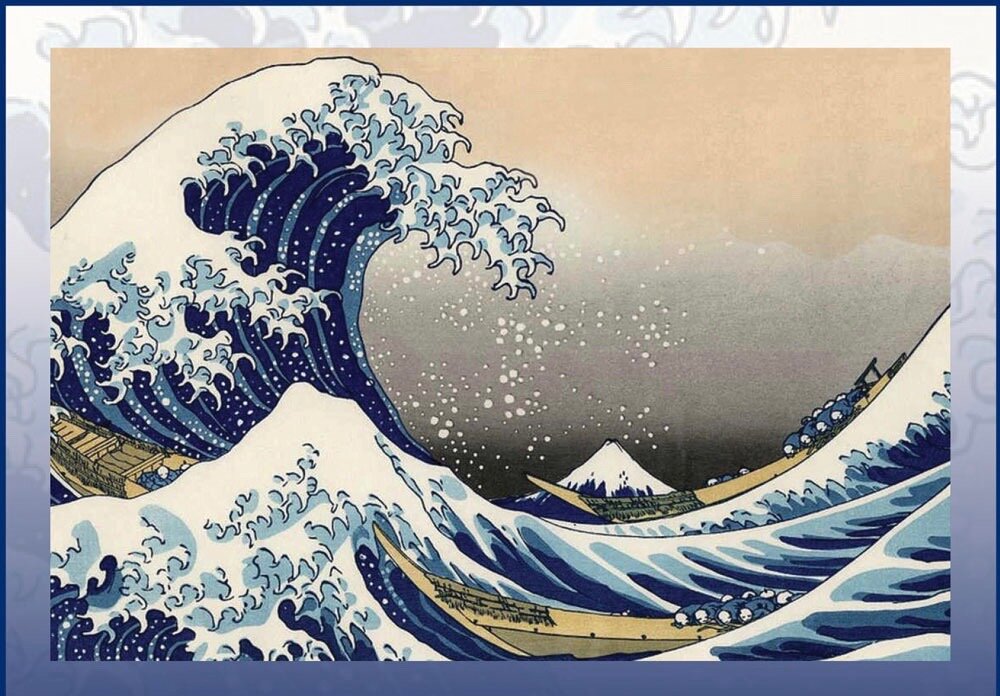I’ve been talking about our basic need for happiness.
As the Dalai Lama says over and over again, “Everybody wants to be happy. Nobody wants suffering.”
This is a universal truth that could help us see others in a different way.
Imagine someone who really annoys you or perhaps even infuriates you.
There’s plenty of material around.
Pick just one of them and imagine how they make you contract inside
because of what they said once or say over and over again,
how untrue it is or how blind it is
or how they are blaming you for exactly what they themselves have done or said,
how protest arises in you with frustrated and impotent force.
Allow yourself to see how unhappy that person makes you.
Let me rephrase that.
Allow yourself to see how unhappy you become when you think about this person in this way.
Now imagine that in reality you could see this person at home with family or by themselves and you can see this person is hurting.
Perhaps they can’t pay their bills, perhaps they are scared.
Perhaps they are ill or have just lost their mainstay support.
Perhaps they have done something wrong and they know it -
but they can’t admit it because it’s too humiliating and shameful.
Do you have a wish to be able to sit beside them and comfort them?
Or to help them? Or perhaps just to say, yes, I’m hurting too?
Reflect for a moment.
How does it make you feel when you feel those feelings of empathy or compassion towards this person?
* * * * *
I was in the presence of someone a while ago who had let the people around us down in some very human way. Instead of apologizing and moving on, the person was defensive and closed-down - blaming everyone else.
Then this person offered a reading to the gathering - an assignment. Also an assignment, the gathering offered praise.
Gradually, I saw this person begin to thaw out from the mass of resentment that couldn’t look at anyone. They sat up a little straighter, their eyes began to open wider. First the corners of their mouth turned up and then a big smile emerged. The screen lit up.
I was reminded of a poem. I had found it helpful in my chaplaincy days but hadn’t remembered it for a while. Suddenly as I watched this person, this poem came to mind.
I realized I was witnessing the truth of the poem right in that moment.
“The bud
stands for all things,
even for those things that don’t flower,
for everything flowers, from within, of self-blessing;
though sometimes it is necessary
to reteach a thing its loveliness,
to put a hand on the brow
of the flower
and retell it in words and in touch
it is lovely
until it flowers again from within, of self-blessing”
― Galway Kinnell, Three Books: Body Rags; Mortal Acts, Mortal Words.

